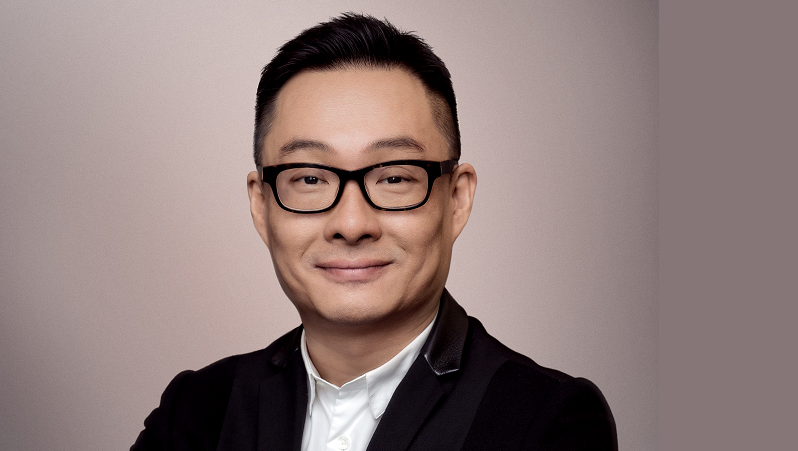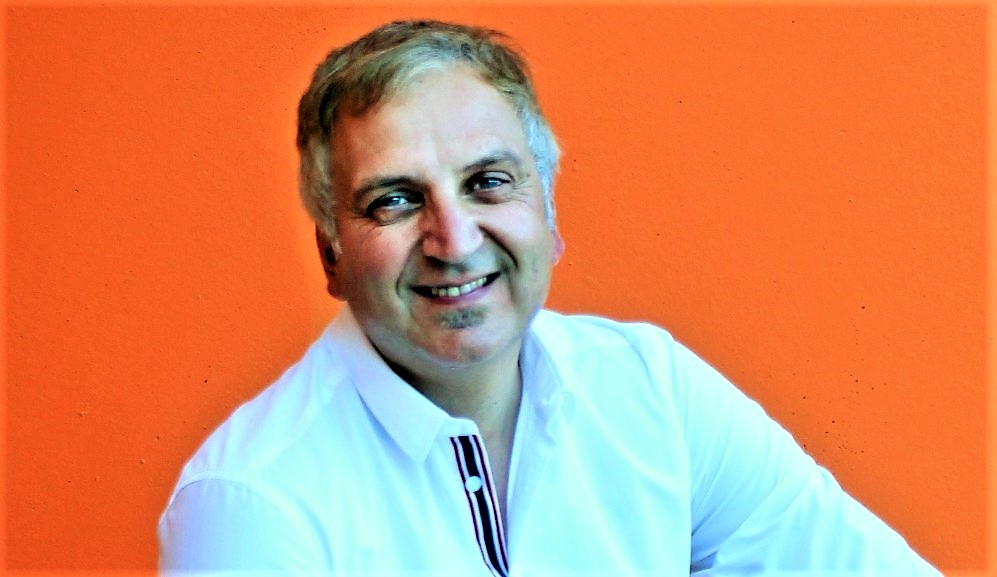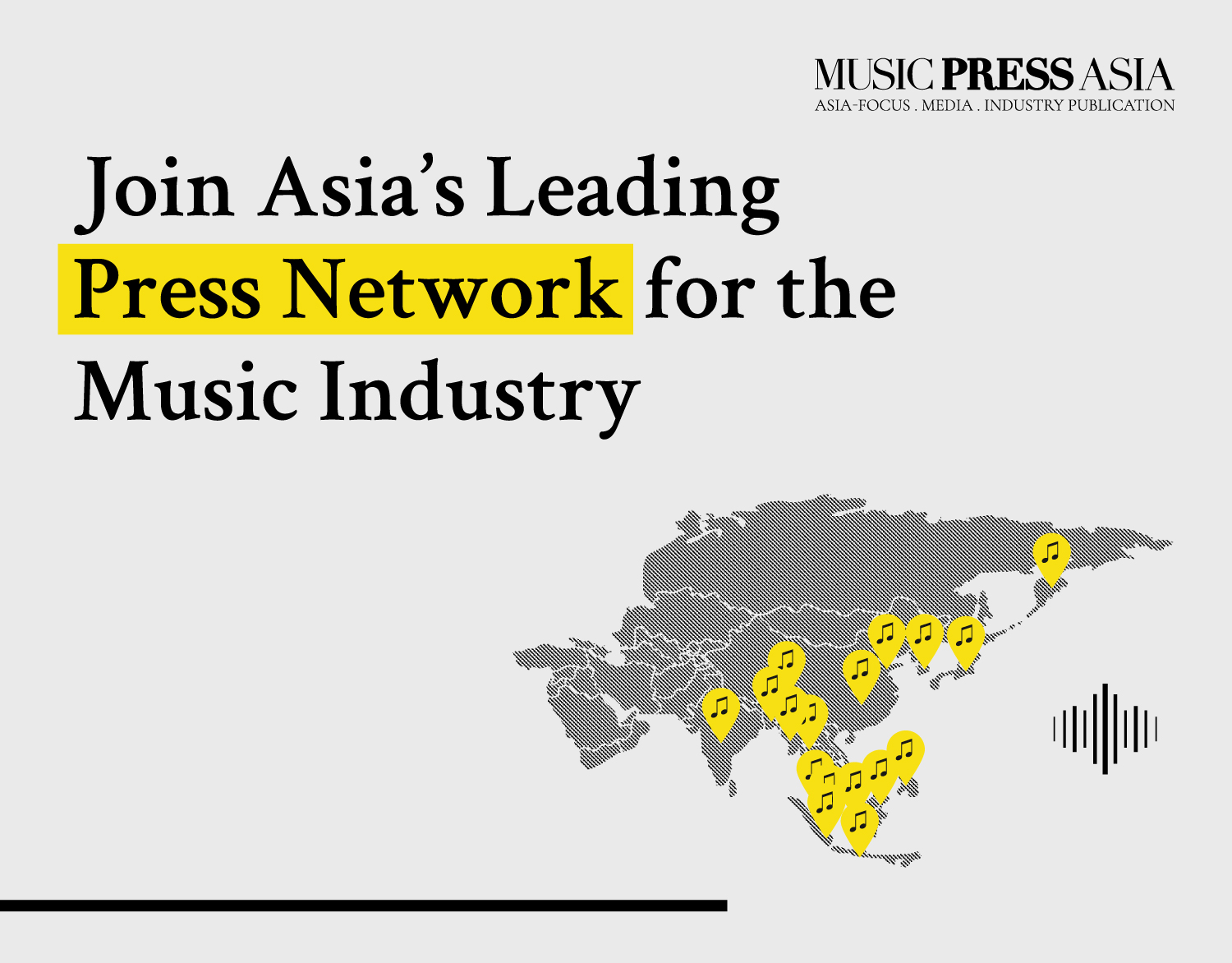Vice President of Joox Poshu Yeung Speaks about Data Technology
We all ask the question, how does a company like Tencent grow and cover such a vast industries across China within a short 15 years into an internationally renown company?
We all ask the question, how does a company like Tencent grow and cover such a vast industries across China within a short 15 years into an internationally renown company?

Music Press Asia Interviews VP of Joox Poshu Yeung #datatech #musicstreaming #localcuration
In this series of interview, topics include the myth of data technologies, how Tencent expanded, how Joox work with brands and the future of this technology affecting users’ consumption of music.
Poshu Yeung, Vice President of the International Business Department at Tencent speaks with MNA’s editor on how things are picking up at Joox and Tencent.
Poshu Yeung, a graduate of the University of California, Berkeley came back to China 9 years ago – after living in the US for almost 20 years and his tenure with Google – to join the growing conglomerate Tencent. At the time, there were rumours on the growing opportunities in China and Poshu, together with his team, have pioneered some of Tencent’s most amazing works in the music industry to date, including the set up of Joox – a legitimate streaming platform that plays works from in and outside of China and within the South Asia region. Since then, Joox has expanded to many more countries in South East Asia and continues to win the hearts of fans with its local curations.
Just about a decade ago, China was one of the largest topics of discussion in Europe. Businesses entities from all over the world were talking about the potential of heading to China but no results could back up those claims. However, it was an unprecedented decision for many and one such company that holds the power is Tencent.
“Back then, it [the state of the economy in China] was a bit unknown, it was not easy to say which area will grow. Since I was with a worldwide sales organisation in Google, I had a lot of experience working with a lot of developing countries. With the fast growth of the Internet, you just know that countries like China, with a huge and growing population, would have vast opportunities. It’s not about a particular industry, although you just know that the market would grow and there would be opportunities,” said Yeung.
So, how does Tencent grow to what it is now? With an international business team set up, Tencent figured that the best way to expand the business is to learn, merge and acquire. They invested time and financially supported the companies they acquired. Such companies include Gerena and Sanook from Thailand which was eventually to Tencent Thailand.
“The most natural way for us at the beginning is definitely through merger & acquisition. I spent the first few years looking at different markets and looking at different opportunities in China. We spent those few years investing into companies and working closely with the companies. The reason is very straight forward – we learn along the way working in these countries, that’s how we got to know more about the local market, the insights, and everything.”
One of the most popular apps used around the world is Wechat. Tencent’s efforts saw the app’s user base grow to 889 million monthly active users [Q4, 2016 according to Wechat’s recent report]. The years spent provided local insights on how local operations are worked out in each country.
“We slowly start to set up offices in different regions because we understand the importance of being local, to under what’s happening on the ground. The more we know about the local market, the more confidence we have in executing decisions. That’s how we have also decided to buy over Joox, the music app that was already going strong in Southeast Asia, and Hong Kong.”
![In 2017, JOOX launched their service in South Africa, their first non-Asian market.[5] The service now accounts for more than 50% of all music streaming app downloads in their Asian markets.](https://www.musicpressasia.com/wp-content/uploads/2017/09/webpage-1024x436.png)
In 2017, JOOX launched their service in South Africa, their first non-Asian market.[5] The service now accounts for more than 50% of all music streaming app downloads in their Asian markets.
Is data technology a myth of reality, then? While an active user typically logs in 4 days a week, averaging daily usage of 70-80 mins per user, it is indeed numbers that need to be translated massive interaction with the app alone – and this provides immense data.
“When you talk to a lot of media and entertainment companies, we say that we are actually a data company, including Joox. People don’t know that how intense a user is actually using the app nowadays.”
“The more important is how we analyse the then utilise the data. For the music industry, the most obvious thing is to use the data to recommend music to the users – providing an algorithm recommending similar music to the users. Many businesses are already implementing this and so are we.”
“More importantly is how can we leverage on these data, looking at it from different angles and coming out with different analytics, and develop the next step of features. Although we do have a lot of recommendations in the app, we are working on the big data technology. This is just the beginning for us.”
More of our conversation with Poshu Yeung will be published soon. Watch this space!






